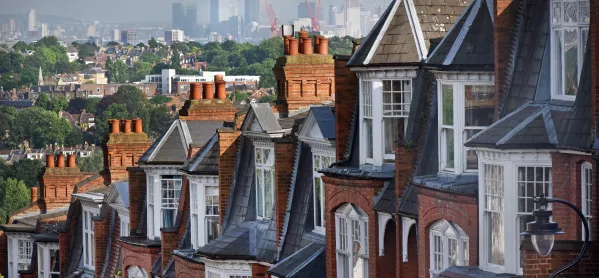More than 80 per cent of towns are unaffordable to teachers when it comes to buying a house, according to the latest figures.
That compares to 63 per cent of towns that were unaffordable in 2012, figures from The Halifax building society show.
However, overall housing affordability has improved for teachers since 2007, when just 12 per cent of towns in Britain were affordable to teachers, according to the research.
Quick read: Housing crisis forcing teachers to ‘live like students’
Have your say: Schools to build cheap housing for teachers on site
Exclusive: Number of teachers on brink of homelessness doubles in four years
Martin Ellis, housing economist at Halifax, said: “Nationally, there have been improvements in the ability of key public sector workers to purchase their own home compared to 2007, at the peak of the last housing boom.
“The greatest concentration of affordable housing is found in towns in northern England, Scotland and Wales. However, there are significant affordability issues for key workers particularly in London and the south east.
“Over the last five years, there is clear evidence of a link between pay and the impact on affordability with house prices significantly outgrowing the average wages of key workers.”
Researchers looked at the ratio of average house prices compared to average earnings, where housing is considered affordable-to-buy if the ratio is below 4.0.
The North of England is the most affordable region for key workers with an average house price to earnings ratio of 4.39 while London and the South East have the highest ratios, of 11.4 and 9.58 respectively.
In 2017, just 18 per cent of towns were affordable to house-buying teachers compared to 37 per cent in 2012.
Halifax points out that, since 2012, average house prices rose by 41 per cent compared to a growth of just 4 per cent in the average annual earnings of key workers (including nurses, police, firefighters and teachers).
The NEU teaching union says teacher pay was has fallen by 15 per cent in real terms since 2010 and continues to fall further behind other professions.
Its members have threatened national strike action if the government fails to award teachers a pay rise of 5 per cent this year.
Last year’s pay rise of 3.5 per cent for teachers on the main pay scale and 2 per cent and 1.5 per cent for those on upper pay scales and in leadership roles was seen as “deeply insulting.”




